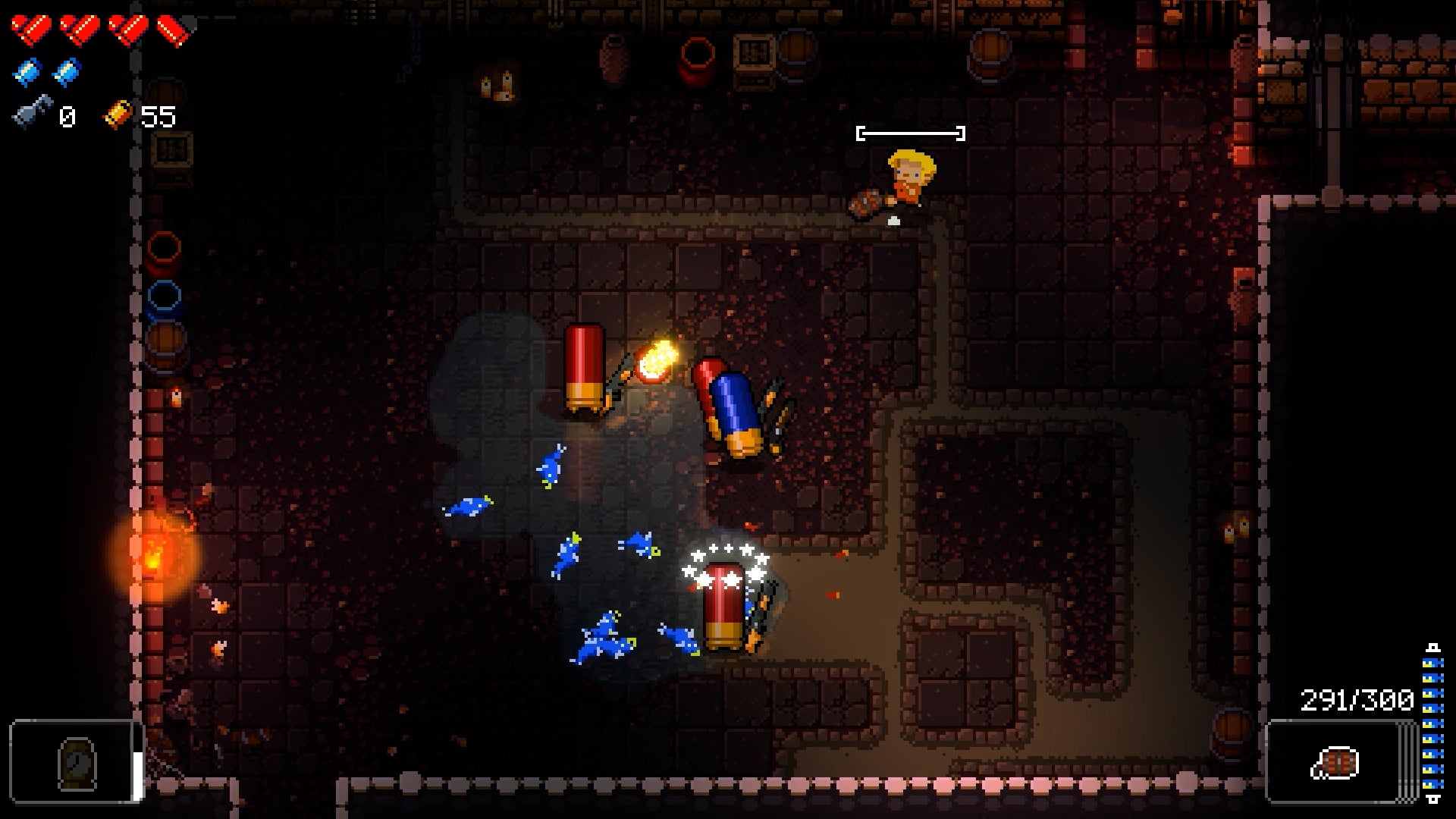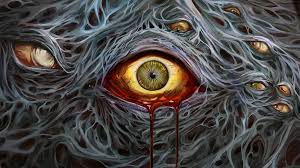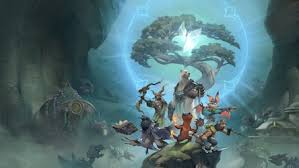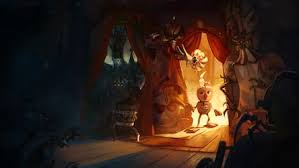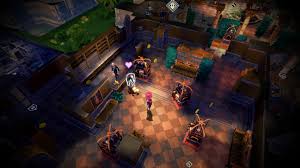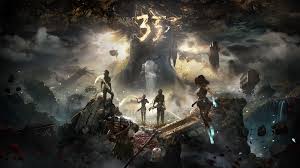Roguelike games are a subgenre of role-playing video games characterized by a dungeon crawl through procedurally generated levels, turn-based gameplay, tile-based graphics, and permanent death of the player character. This genre derives its name from the game “Rogue,” which was released in the early 1980s and established the fundamental gameplay elements that define this category.
Roguelike games emphasize strategic planning and decision-making, with players often having to choose between various risky options to progress. The procedurally generated nature of the levels ensures that no two playthroughs are the same, providing high replayability. Character development is typically deep but unforgiving; players must manage a variety of resources and abilities, and the permanent death feature means that once a character dies, the player must start over from the beginning.
The appeal of roguelike games lies in their challenging gameplay and the sense of discovery and unpredictability they offer. Players enjoy the thrill of navigating through unknown environments and the satisfaction of mastering complex systems under high-stakes conditions. Over time, the roguelike elements have expanded beyond traditional settings, influencing a wide array of other genres in what are now referred to as “roguelite” or “roguelike-inspired” games, which might soften some of the classic features like permanent death to reach a broader audience.


